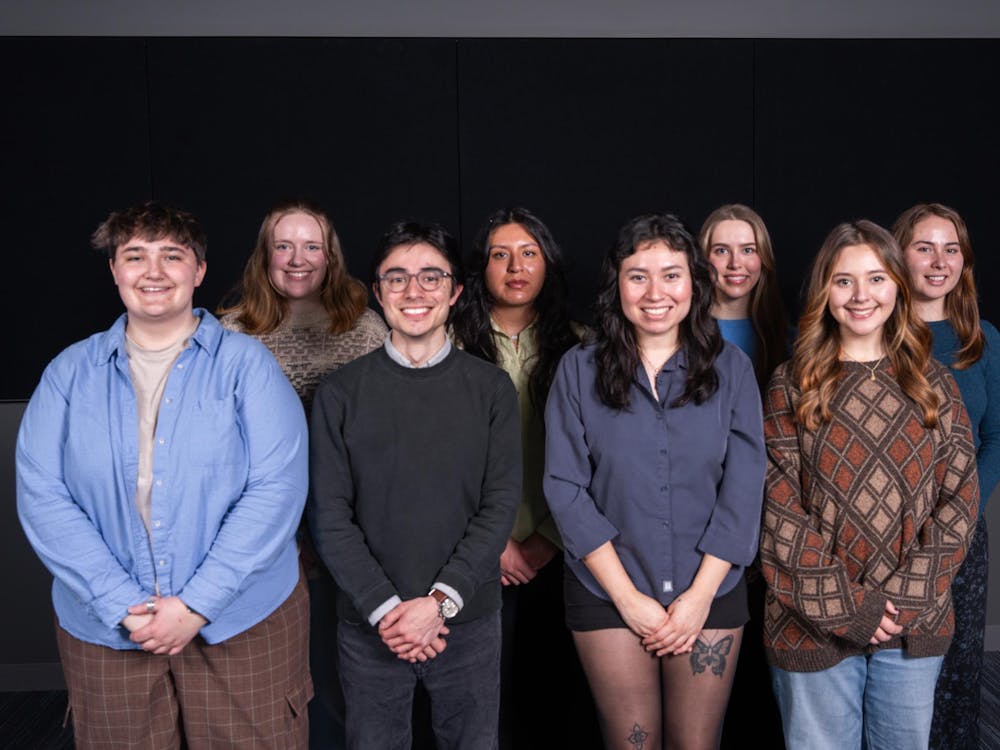By The Beacon's Editorial Board
In light of the NCAA's decision that grants universities the option of adding up to $2,000 to an athlete's scholarship (an amount that covers the full cost of attendance) Jay Paterno – not to be confused with his recently unemployed father Joe – got something right.
In a column the assistant football coach wrote for StateCollege.com, Paterno argued that NCAA athletes are already getting a great deal.
They sure are.
Many student-athletes receive tuition, room and board in their scholarships. As a bonus, they are also given hundreds of dollars each semester for books and supplies. Their finances are stress-free.
However, the 300 current football and male basketball players who sent a petition to the NCAA demanding a cut of the millions of dollars generated annually by television contracts through their sports beg to differ.
Cry us a river.
In recent years, scandals surrounding Ohio State, University of Miami and University of Southern California involving players selling memorabilia or accepting cash and benefits have been a catalyst to this decision, which questions whether or not a full scholarship covers the full cost of attendance.
Athletes said they violated NCAA rules because their sport did not allow them time to have jobs for extra spending money.
Essentially, the NCAA is proposing a stingy pay-for-play (money exchanged for the privilege to play) plan, but denies it is doing so.
On average, the University spends $9 million each year on operating costs, recruiting expenses, scholarships and coaches' salaries. The University's athletic department has lost money each year since 2009.
If the West Coast Conference decides to implement this option – which favors larger, wealthier universities – the University of Portland's athletic department will be at a disadvantage because it cannot afford to do so.
If the University decides to exercise the option of pay-for-play, it will need to scrape up over half a million dollars to pay its current 259 student-athletes. This is money the University does not have. If the University opts out of pay-for-play, it will miss an opportunity to recruit skilled players because athletes will likely be more inclined to attend schools that offer greater benefits.
The pay-for-play plan is a futile attempt to curtail student-athletes from accepting illegal benefits. The plan also allows universities to cater to student-athletes even more than they already do. Instead of paying student-athletes as a way to stop these illegal actions, these students should be expelled. Making an example of wrongdoers will move to stop illegal activity more than playing – or paying – into their demands. Does the NCAA really think that $2,000 will be enough of a motivator to stop students from accepting benefits?
We hope not.
Student-athletes should not be paid. Instead, student-athletes should acknowledge the incredible opportunity they are receiving to play a sport they love without having to worry about finances for college. They already have the luxury of full-ride scholarships. The NCAA allows men's basketball teams, for example, to award 13 full-ride scholarships each year. These 13 athletes will graduate with a degree from our prestigious University debt-free, having played a sport they love.
Very few students are given full-ride scholarships or handed extra spending money. This burden should fall upon the parents of student-athletes – parents who aren't spending a dime on their child's college tuition.
A university should not be responsible for giving students pocket money. Many non-athlete students must also carry the burden of paying for college on their own and do not have the comfort of having everything handed to them. Why should athletes be any different?
There are many students who cannot find on-campus jobs or, like student-athletes, do not have the time to have one, yet they are not given a $2,000 scholarship to spend on food and entertainment.
To all the student-athletes who want to have their cake and eat it too, remember all the perks you are getting that other students aren't.
Jay Paterno said it best: "No one sells the student-athletes on the idea that they are getting paid more than $80 an hour for a part-time job. No one tells the student-athlete to go talk to other students on campus who work 30 or 40 hours some weeks and will still owe tens of thousands of dollars when they graduate."







